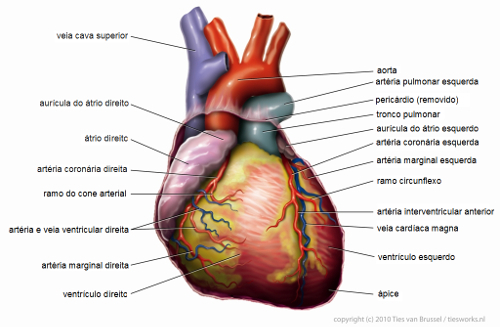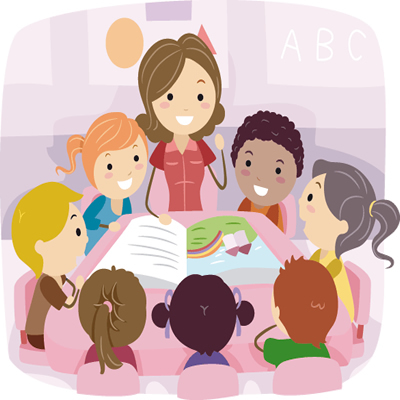Often, what prevents us from doing well in a given subject is the fact that we don't know what the study strategies that we could draw for this discipline.
If you're not the person in the phrases “I don't know where to start”, “I don't even know how to make mistakes in this matter”, you at least know, or have met, someone who has been through these problems.
That's why the Kids School has prepared a suggestion of study script for those who want or need to study the grammar of our language. We would like to make it clear that we are only presenting one of the possible methods of study. We know that there are many possible strategies and that “the way one learns may not be the best way for another”.
So, even knowing that study plans may work for some, but wrong for others, we elaborate a strategy based on what is essential to study the grammar of Portuguese, a kind of script that covers everything that is within the unfolding of this discipline. Thus, you will be able to, at least, have knowledge of what is part of this area of knowledge and the levels and hierarchies of content that are found there. Come on?
Kids School Guide to Study Grammar
Phonology, structure and word formation
In this first step, you will study what makes up the words (sounds – phonology; shape – morphology). This is our first step because the study of word composition is the content that will make us understand the arrangements of our language. See the order of study:
Phoneme classification
Syllable
Morphology
Grammatical classes
At this point in the study plan, you will focus on word classes. This is our second step because the study of word classification is the most basic content for understand what each word represents in the expressions, phrases, sentences and periods we use to to communicate. See the order of study:
Substantive
Article
Numeral
Interjection
Adjective
Verbs
adverbs
prepositions
Pronouns
Conjunction
Verbs
You may be wondering what the reason for the verb have a part dedicated especially to him.
We are well aware that grammatical studies that refer to the verb are the Achilles' heel of Portuguese speakers. This is because the content that involves the verbs it's extensive and full of the famous “exceptions of the rule”. Therefore, it is necessary to dedicate a part of our itinerary to them. The order of studies should be as follows:
the verb people
the verb tenses
the modes of the verb
Structural elements of the verb
the voices of the verb
Verb conjugation
Nominal forms of the verb
Regular, Irregular and Anomalous Verbs
Defective and abundant verbs
Auxiliary verbs
verbal phrase
Syntax analisys
Here you will study the word classes in relation to the other word classes, ie, in this step, we will study the words as part of the sentences and what are their functions in the prayers. Now, unlike what was seen in Grammatical classes, our analyzes will not be carried out by isolating the words, as we will establish relationships between them. The order of studies is as follows:
Phrase
Prayer
Time course
subject and predicate
Terms that are part of the sentences
Accessory terms of prayers
coordinated prayers
Subordinate clauses
Orthography
It may seem strange that Spelling appears last. But actually, this content has been studied by you since the beginning of our script. Do you know why? Throughout our planning, you studied little rules that involved punctuation, accentuation, backtack and, of course, many questions about how to write such a word have been remedied, since you have been reading and writing, which allowed you to practice the formal writing of our tongue. Did you notice how this stage of our itinerary was always present? But even in contact with the issues that encompass spelling, there is a division to review this content:
Accentuation
grave accent (backtape)
Comma
The “extra” of grammar
Our last stop is to think about the language in broader perspectives, such as in relation to aspects of reading and interpreting texts.
speech figures
Language vices and anomalies
Good studies!


